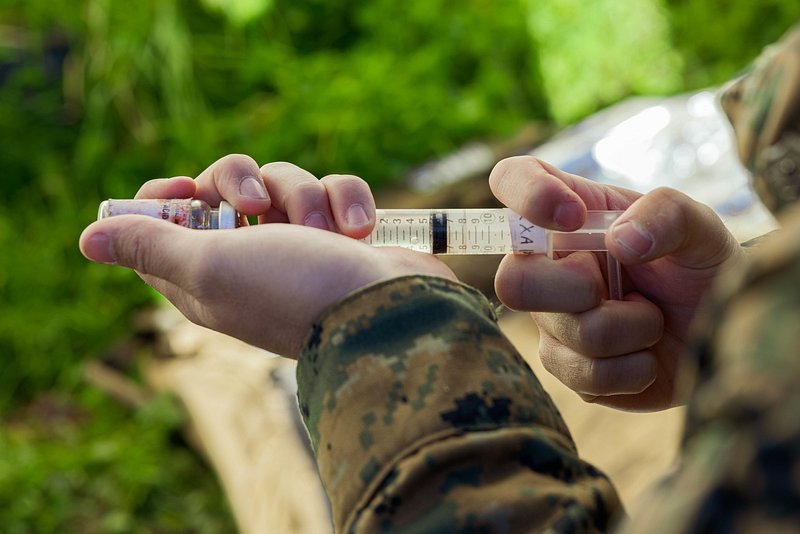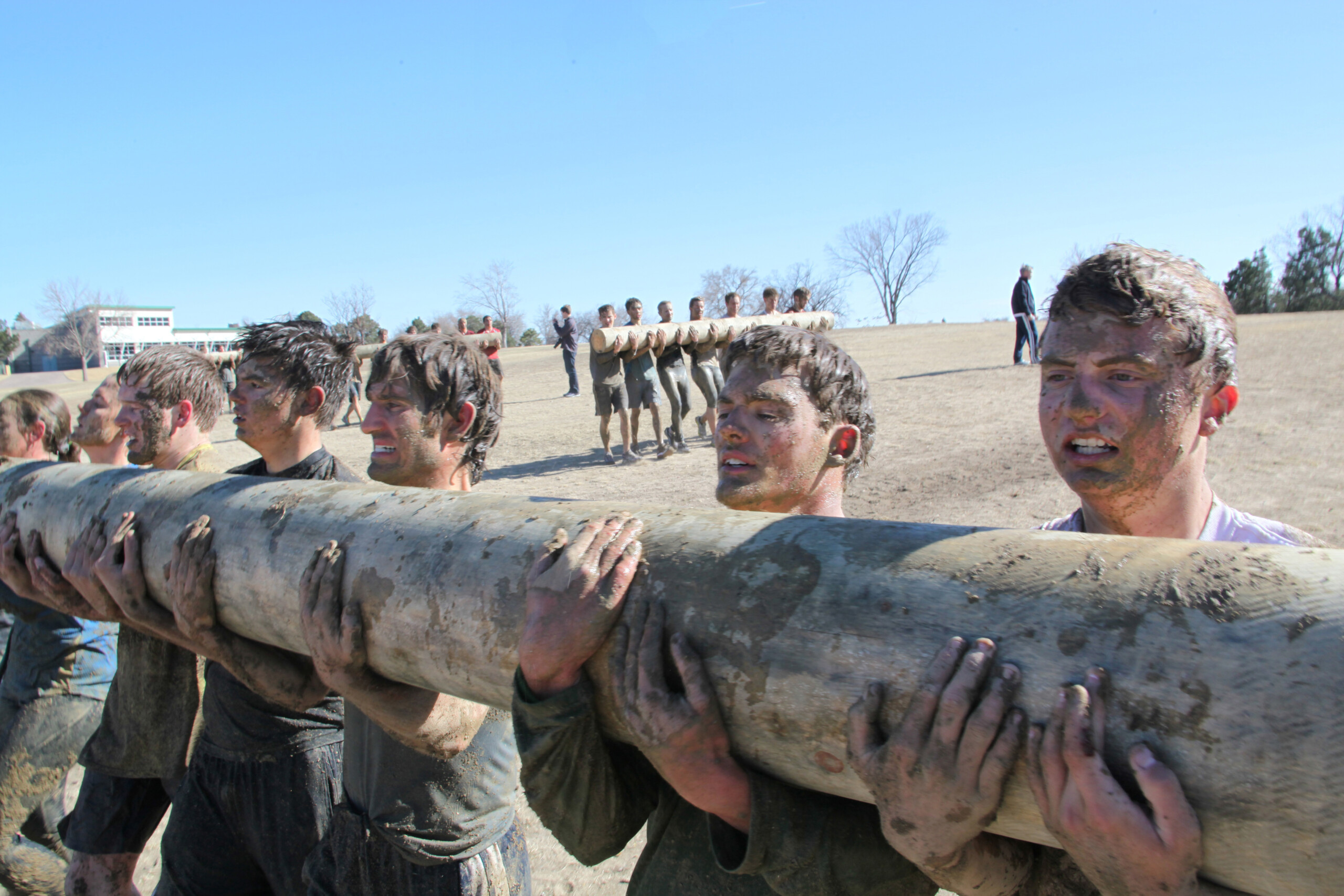Yet, on the flip side, there’s the inherent risk of normalizing drug dependency and the ethical concern of potentially sidelining soldiers who opt out.
Furthermore, setting new performance standards based on drug-enhanced capabilities could lead to unrealistic expectations. It puts undue strain on soldiers both mentally and physically.
Health Concerns
Delving deeper into performance-enhancing drugs brings health concerns to the forefront.
Take anabolic steroids, for instance, to enhance muscle strength and stamina. Prolonged use of these drugs might offer short-term benefits. However, there are also links to liver damage, cardiovascular issues, and hormonal imbalances.
Stimulants, like the amphetamines used as “go-pills,” might boost alertness in the short term. Repeated use, however, can lead to insomnia, high blood pressure, and even addiction.
Substances like Modafinil, while effective in combating fatigue, have potential side effects. These symptoms range from headaches to more severe skin reactions.
When considering these drugs in a military context, weighing immediate tactical advantages against potential long-term health implications for soldiers is crucial.
Tactical Advantages vs. Humanity

The advantages of performance-enhancing drugs in the military are evident from a tactical standpoint. Historical precedents, like the use of stimulants by various armies during World War II, show that drugs can offer a battlefield advantage.
Yet, while these tactical gains are tangible, they usher in profound ethical considerations. The tragic tales of athletes facing severe health repercussions from performance-enhancing drugs serve as cautionary tales.
Can we, as a society, be comfortable with potentially subjecting our soldiers to similar risks? Balancing the lure of technological progress with the inherent value of human life remains a challenging but essential task.
The Slippery Slope Argument
Consider the Cold War era. The U.S. and USSR were locked in an arms race, not just with weapons but also in areas like space exploration.
Regarding performance-enhancing drugs, nations could be on a perpetual chase, seeking the next substance that gives their soldiers an edge.
Beyond drugs, the world of technology is evolving rapidly. With advancements in cybernetics, it’s conceivable that future soldiers could have integrated tech implants to enhance their sensory perceptions or cognitive abilities. DARPA, the U.S. Defense Advanced Research Projects Agency, has already delved into projects looking at brain-computer interfaces.
And with the CRISPR gene-editing tool making headlines, genetic modifications aren’t pure science fiction. The ethical implications are immense. But it’s plausible that nations might consider genetically optimizing soldiers for specific tasks or environments.
Navigating the Future with Caution
The debate over using performance-enhancing drugs in the military is multifaceted, touching on ethical, health, and strategic concerns. Science advances and offers even more ways to push the boundaries of human capability. And it’s essential to approach these possibilities with a balanced mix of enthusiasm and caution.
After all, the well-being and dignity of the soldiers who serve should be at the heart of every military decision.











COMMENTS